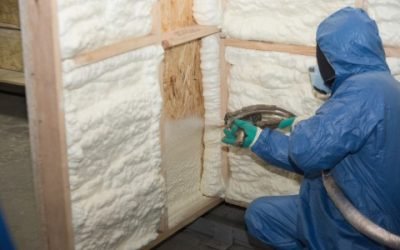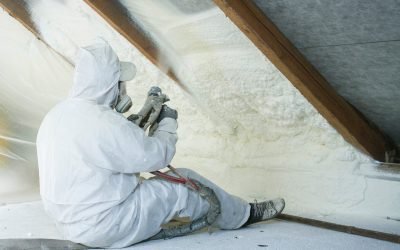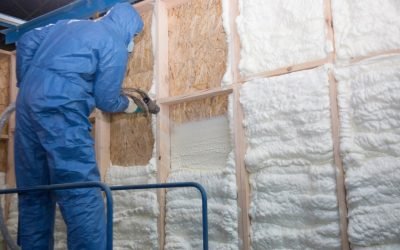Spray Foam Insulation Installation in Hugo MN | The Role of Spray Foam Insulation in Noise Reduction
Last Updated on May 31, 2023 by Spray Foam Insulation Plus
Spray Foam Insulation Installation in Hugo MN
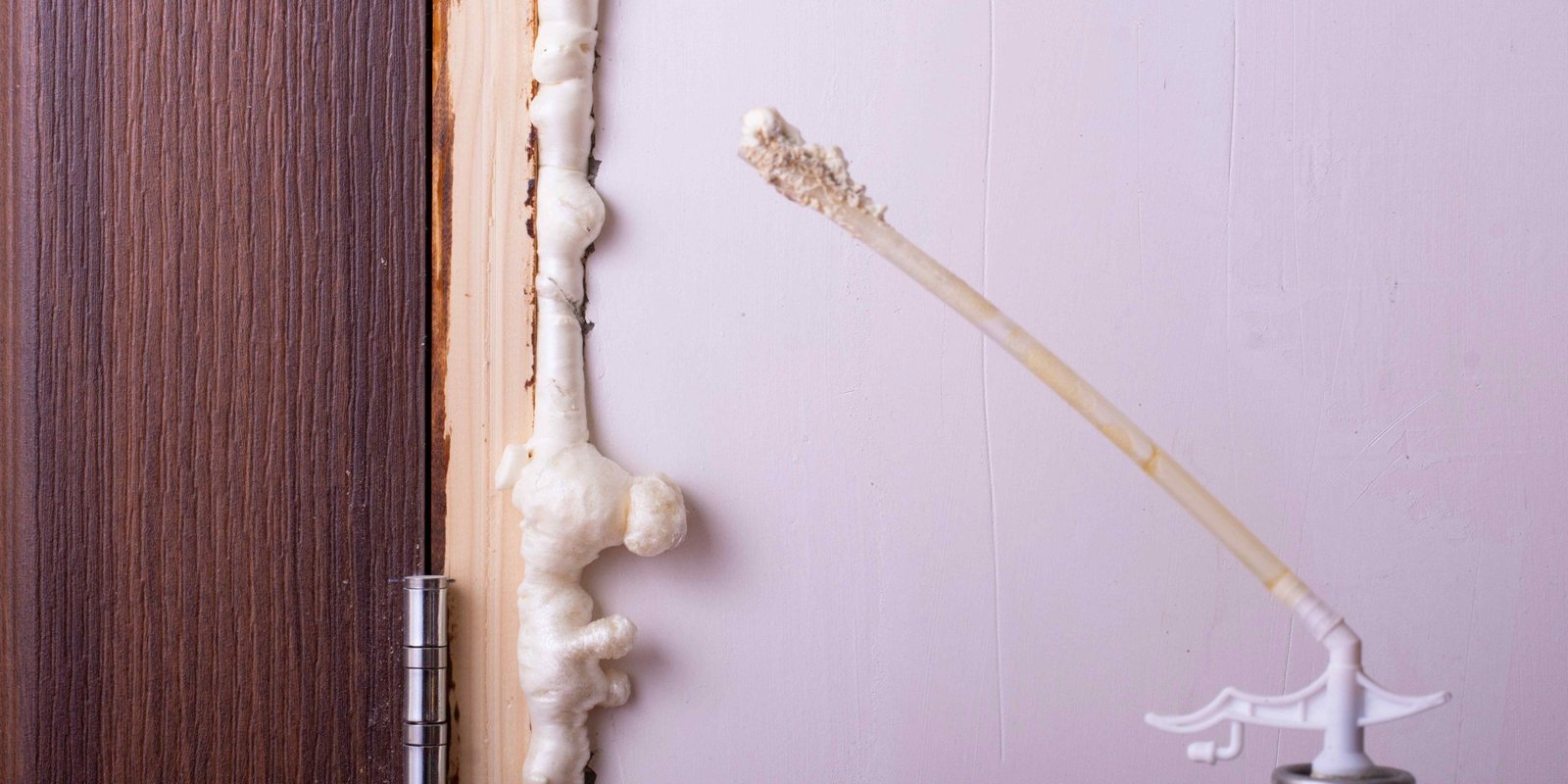 Noise pollution has become a prevalent issue in today’s society, affecting our well-being and overall quality of life. Whether it’s the constant hum of traffic, the clatter of construction sites, or the disruptive sounds from our surroundings, excessive noise can have detrimental effects. Consequently, individuals are increasingly seeking effective solutions to mitigate noise and create more peaceful living and working environments. One such solution that has gained popularity in recent years is spray foam insulation. While primarily known for its thermal insulation properties, spray foam insulation also plays a crucial role in noise reduction. In this article, we will explore how spray foam insulation can help minimize noise transmission and create quieter spaces. Spray Foam Insulation Installation in Hugo MN
Noise pollution has become a prevalent issue in today’s society, affecting our well-being and overall quality of life. Whether it’s the constant hum of traffic, the clatter of construction sites, or the disruptive sounds from our surroundings, excessive noise can have detrimental effects. Consequently, individuals are increasingly seeking effective solutions to mitigate noise and create more peaceful living and working environments. One such solution that has gained popularity in recent years is spray foam insulation. While primarily known for its thermal insulation properties, spray foam insulation also plays a crucial role in noise reduction. In this article, we will explore how spray foam insulation can help minimize noise transmission and create quieter spaces. Spray Foam Insulation Installation in Hugo MN
Understanding Noise Transmission
Before delving into the role of spray foam insulation in noise reduction, it is important to understand how sound travels and how it can penetrate through building structures. Sound waves are created by vibrations and travel through the air as energy. When these waves encounter a surface, such as walls, floors, or ceilings, they can be transmitted, reflected, or absorbed. Noise transmission occurs when sound waves pass through a material, causing unwanted noise to penetrate different areas.
The Soundproofing Properties of Spray Foam Insulation
Spray foam insulation, typically made from polyurethane, is an excellent material for soundproofing due to its unique properties. When applied, it expands to fill gaps and cracks, creating an airtight seal that effectively blocks the passage of air and sound waves. This seamless application helps reduce noise transmission by preventing sound from traveling through walls, ceilings, and floors.
Reducing Airborne Noise
One of the primary sources of noise transmission is airborne sound. These are sounds that travel through the air and can easily pass through traditional insulation materials, such as fiberglass or cellulose. Spray foam insulation, on the other hand, offers superior performance in reducing airborne noise. Its dense structure and ability to seal gaps and cracks make it an effective barrier against sound waves. By creating an airtight seal, spray foam insulation significantly reduces the amount of airborne noise that can enter or escape a building.
Impact Noise
Apart from airborne noise, impact noise is another common form of noise pollution that can disrupt our peace. Impact noise is generated by vibrations caused by footsteps, slamming doors, or falling objects, and is transmitted through building structures. Spray foam insulation, with its ability to adhere to surfaces and provide a cushioning effect, helps absorb impact noise. By reducing the transfer of vibrations through walls, floors, and ceilings, spray foam insulation can greatly minimize the impact of noise experienced within a space.
Sound Absorption Properties
In addition to its sound-blocking abilities, spray foam insulation also possesses sound absorption properties. Sound absorption refers to the ability of a material to soak up sound energy, reducing reverberation and echoes within a space. Spray foam insulation’s cellular structure and density allow it to absorb sound waves, preventing them from bouncing off hard surfaces and reducing overall noise levels. This feature makes it particularly beneficial in areas where controlling echoes and maintaining acoustics is important, such as home theaters, recording studios, or conference rooms.
Improved Energy Efficiency and Noise Reduction
It is worth noting that spray foam insulation not only contributes to noise reduction but also enhances energy efficiency. By creating an airtight seal, spray foam insulation helps prevent air leaks, reducing the exchange of indoor and outdoor air. As a result, it helps maintain consistent indoor temperatures and minimizes the need for heating and cooling systems to work harder. These energy-saving benefits are an added advantage when considering spray foam insulation as a noise-reduction solution.
Spray Foam Insulation for Noise Reduction
In our fast-paced and noisy world, finding ways to create quiet and peaceful environments has become a priority for many individuals. Spray foam insulation, known for its thermal insulation properties, also offers significant benefits in noise reduction. By creating an airtight seal and effectively blocking airborne and impact noise, spray foam insulation helps create quieter spaces, improving our overall well-being and quality of life.
The unique properties of spray foam insulation make it an ideal solution for noise reduction. Its ability to expand and fill gaps and cracks provides a seamless and continuous barrier against sound transmission. This feature sets it apart from traditional insulation materials like fiberglass or cellulose, which may leave spaces where sound waves can pass through. Spray foam insulation’s density and adhesion to surfaces also contribute to its effectiveness in reducing noise. It absorbs impact noise, preventing vibrations from transferring through walls, floors, and ceilings.
Moreover, spray foam insulation offers sound absorption properties, reducing echoes and reverberations within a space. This makes it a valuable choice for environments where acoustics and sound control are essential, such as home theaters, recording studios, or conference rooms. By absorbing sound energy, spray foam insulation helps create more balanced and comfortable acoustics.
By creating an airtight seal, it prevents air leaks and reduces the exchange of indoor and outdoor air. This not only contributes to noise reduction but also enhances overall energy efficiency. The reduction in air leaks leads to more consistent indoor temperatures, reducing the need for heating and cooling systems to work harder. As a result, energy costs can be significantly reduced, benefiting both the environment and homeowners’ budgets.
Spray Foam Insulation Installation in Hugo MN
In conclusion, spray foam insulation offers a comprehensive solution for noise reduction. Its ability to block airborne and impact noise, absorb sound waves, and enhance energy efficiency makes it a valuable choice for creating quieter and more comfortable living and working environments. Whether it’s in residential, commercial, or industrial settings, spray foam insulation has proven to be an effective tool in combating noise pollution and improving the overall quality of life. For installation services, contact us at Spray Foam Insulation Plus in Hugo, Minnesota today.
Spray Foam Insulation Installation in Hugo MN
Spray Foam Insulation Installation in Hugo MN
Spray Foam Insulation Installation in Hugo MN
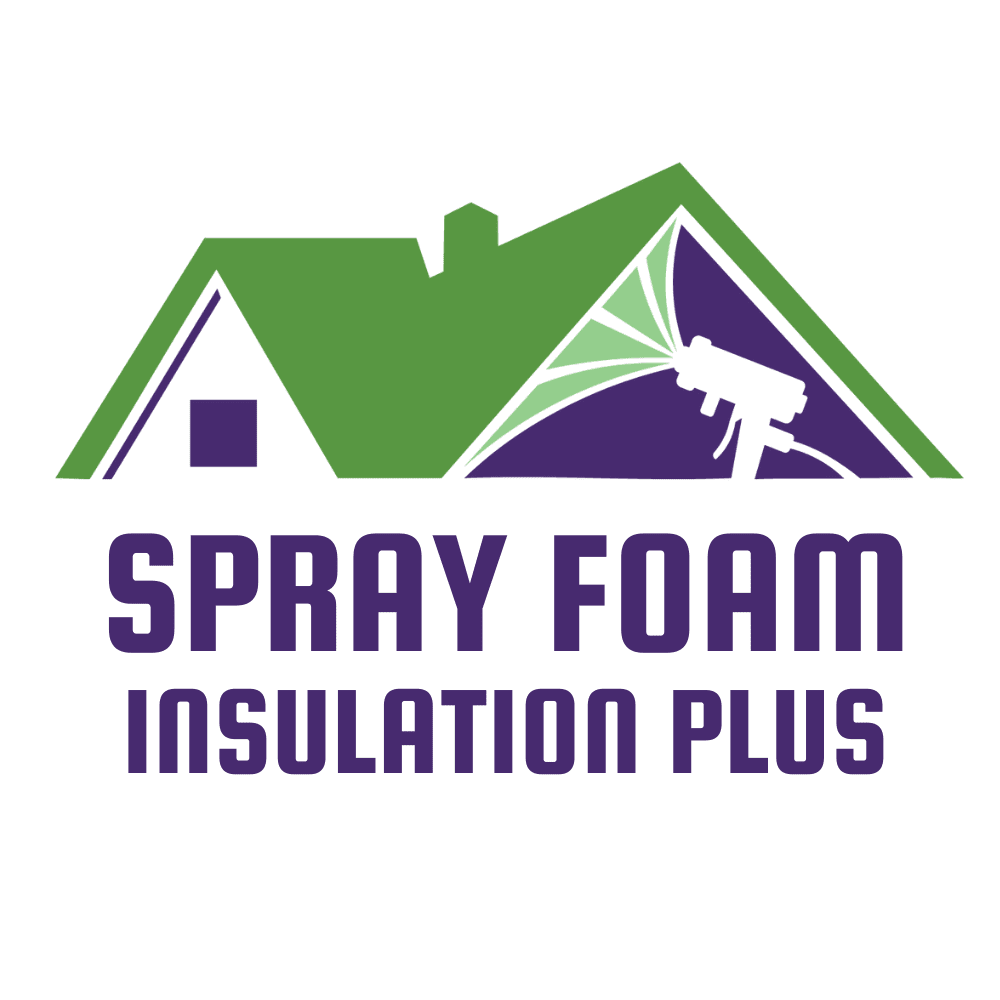
Tags
Preferred Contractors of:


